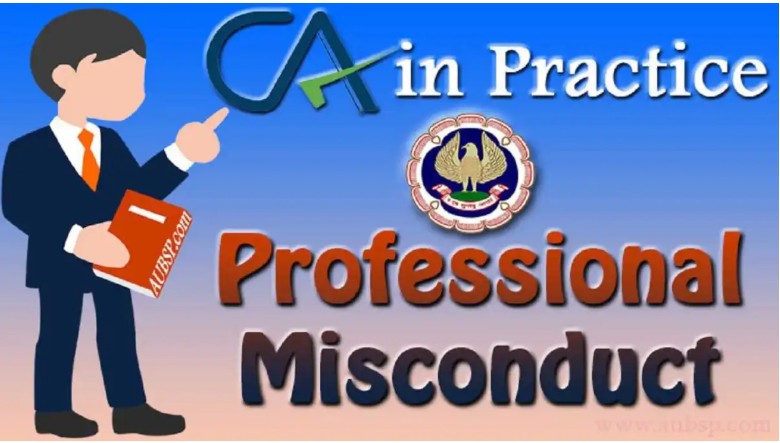Pritam Pal, J.@mdashThis appeal, by accused-appellant Sunder, is directed against the judgment of conviction dated 19.5.1992 and order of sentence dated 21.5.1992, passed by learned Additional Sessions Judge-Ill, Rohtak, whereby the appellant was ordered to undergo Rigorous Imprisonment (RI) for 7 years u/s 376 of the Indian Penal Code.
2. Without going into the details, suffice it to mention that on 2.9.1990 at about 7.30 p.m. the prosecutrix had gone towards the dung-pits of her village to answer the call of nature. When she was returning after easing herself, appellant-sunder, a co-villager of the prosecutrix, suddenly appeared on her way. He lifted and took her to the fields of Bajra crop. There he broke open the string of her salwar and then committed rape upon her. Prosecutrix also raised hue and cry, whereupon, Jita and Rama were attracted to the spot. Appellant, on seeing them, had run away. On return to her house, prosecutrix told her mother about the said episode and then on the next day, i.e. on 3.9.1990, in the company of her mother, Smt. Dhanpati and uncle, Nand Lal, went to the Police Station and lodged the FIR in the above narration of the facts. She was got medico-legally examined by the Police. Accused was arrested in this case on 9.9.1990. He too was medico-legally examined. After completion of the formal investigation of the case, appellant was challaned for commission of offence punishable u/s 376 of the Indian Penal Code.
3. Appellant was tried, convicted and sentenced as indicated in the opening part of this judgment. This is now, feeling aggrieved, he has come up in this appeal.
4. I have heard learned counsel for the parties and have also gone through the file carefully.
5. At the out-set of his argument, learned counsel for the appellant did not challenge the order of conviction. Even otherwise, being the first Court of appeal, I have examined each and every aspect of this case including the testimony of the prosecutrix as well as that of the other material witnesses and find no discrepancy or any infirmity in the judgment of conviction passed by the learned trial Court. Hence, the same is hereby maintained.
6. Now adverting to the only point of argument raised with regard to the quantum of sentence passed against the appellant by the learned trial Court. In that behalf, learned counsel for the appellant has vehemently argued that in this case prosecutrix was admittedly below 16 years of age on the date of occurrence. Age of the appellant was also below 21 years at that time. During the pendency of this appeal, prosecutrix and appellant both have got married and now they are leading a happy married life. Counsel for the appellant then also made a reference to a compromise dated 13.3.2005 described as affidavit of Smt. Dhanpati, mother of the prosecutrix, which has already been placed on the file of this case vide order dated 16.3.2005, wherein the parties are shown to have buried their hatch of strained relations being co-villagers. At the fag end of his argument, he also submitted that in fact, it was a consenting case.
7. After putting forward the aforesaid points of argument, learned counsel for the appellant submitted that in such a situation, the sentence of the appellant, who has already undergone an imprisonment of one year and seven months, be reduced to the period, already undergone by him. In order to strengthen his aforesaid point of argument, learned counsel has also relied upon the decision of the Hon''ble Supreme Court in
8. On the other hand, learned counsel appearing on behalf of the State of Haryana could not controvert the aforesaid points of arguments put-forth on behalf of the appellant. However, he contended that since the appellant is proved to have committed a heinous crime, he does not deserve any leniency in the matter of sentence.
9. I have given my thoughtful consideration to the rival contentions of the learned counsel for the parties and have also perused the compromise deed dated 13.3.2005, besides going through the observations made by their Lordships in the above catena of authorities, cited above.
10. Admittedly, as per birth certificate, Ex.P-C, the prosecutrix was born on 29.9.1975. Occurrence in this case had taken place on2.9.1990. Thus, she was little below 15 years of age at that time. Similarly, appellant-Sunder was also below 21 years of age at the time of occurrence. Further a perusal of the compromise deed, dated 13.3.2005 shows that prosecutrix got herself married in the year 1992 and thereafter she has also become mother of two daughters and a son. Similarly, the appellant has also got himself married and now he too is father of three children.
11. In almost similar situation, the Apex Court in Sukhwinder Singh''s case (supra) and Jarnail Singh''s case (supra) has held that the aforesaid facts and circumstances amounted to "adequate and special reason" for further reducing the minimum sentences as provided under the proviso clause of Section 376(1) of the Indian Penal Code.
12. Thus, taking an over-all view and in the peculiar facts and circumstances of this case, I am of the considered opinion that the matter should now be given a quietus particularly when the alleged offence is stated to have taken place more than 14 years ago. Therefore, in order to secure the ends of justice, the sentence awarded in this case is reduced to the period of sentence already undergone by the appellant. But, at the same time, relying upon the observations of the Apex Court in Jarnail Singh''s case (supra), a fine of Rs. 15,000/- is also imposed upon the appellant. In case the same is paid or recovered, that shall be paid over to the prosecutrix as compensation. In case of making default in payment of the said fine as compensation, appellant shall further undergo an imprisonment equivalent to the un-expired portion of his sentence as awarded by the learned trial Court. The trial court is directed to ensure the necessary compliance.
But for the modification in the order of sentence, as indicated above, this appeal is hereby dismissed.

